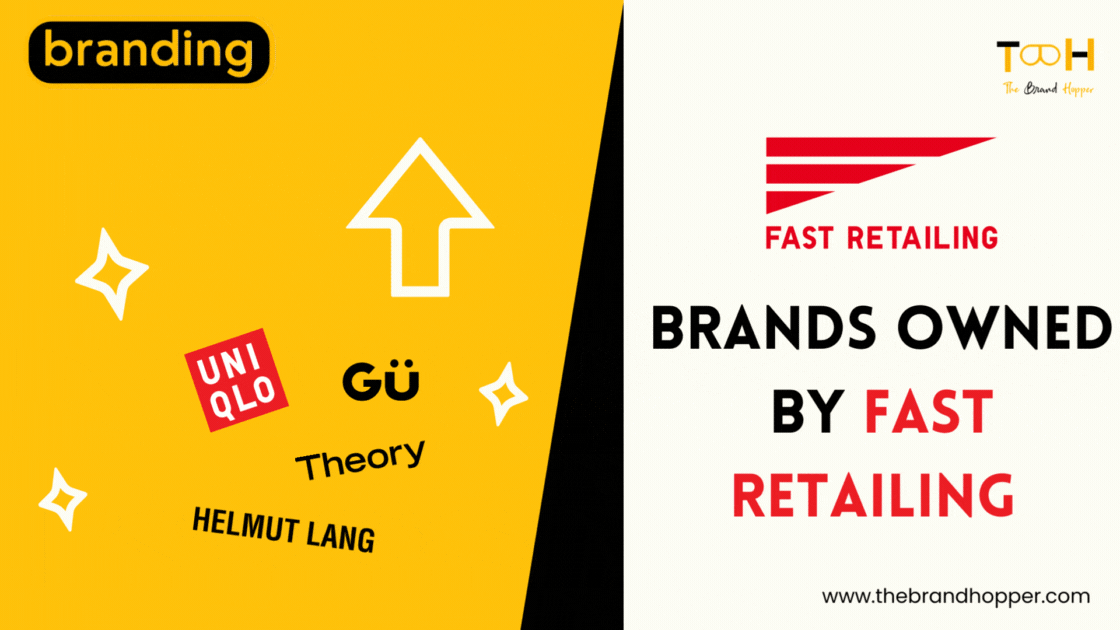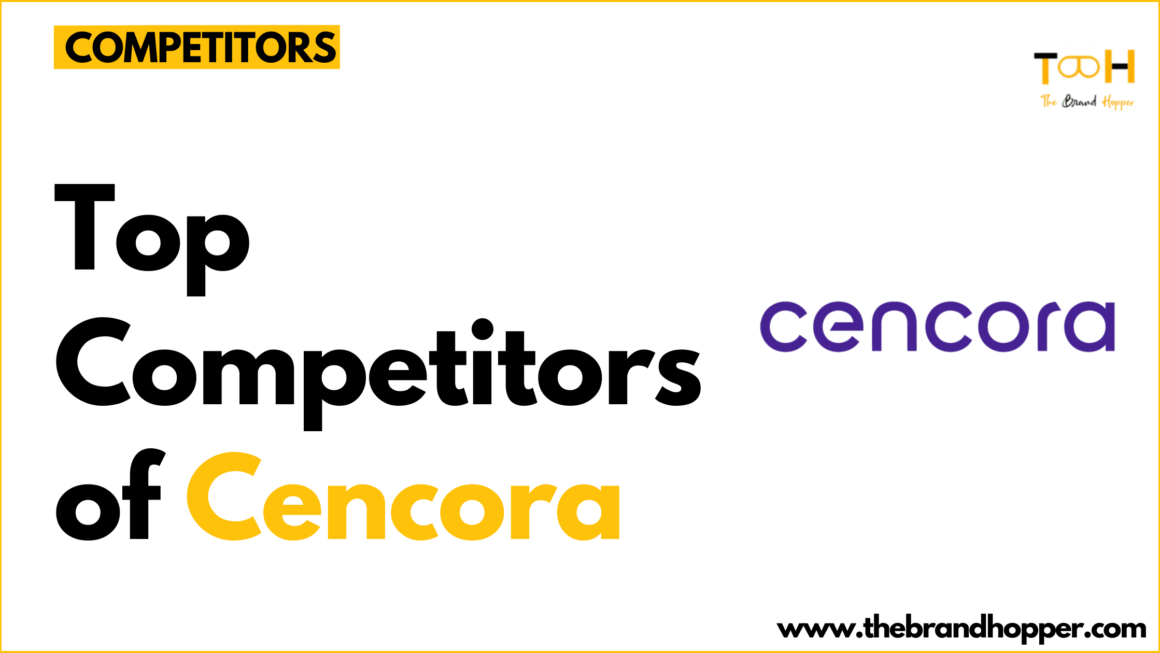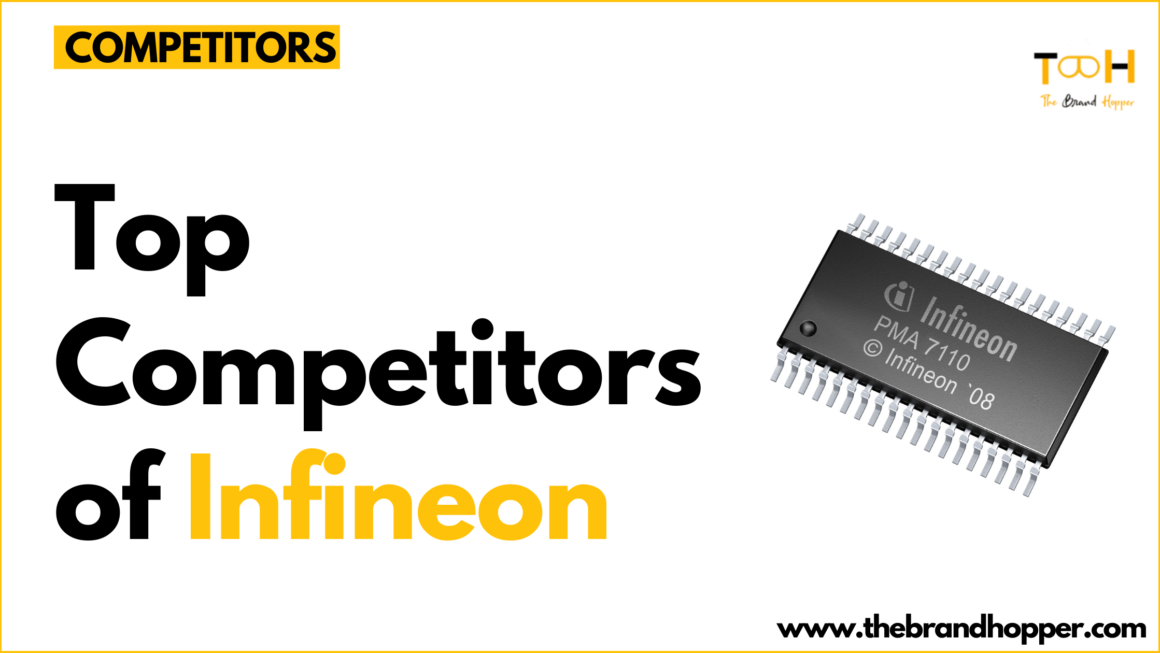Fast Retailing Co., Ltd. is a global retail holding company based in Japan, widely recognized for its innovative approach to fashion and retail. Founded in 1963 by Tadashi Yanai, the company has grown from a small men’s clothing shop in Yamaguchi Prefecture into one of the world’s leading apparel retailers. Fast Retailing’s success is largely driven by its flagship brand, UNIQLO, which has become synonymous with high-quality, affordable clothing designed for everyday life.

The company’s philosophy is rooted in creating LifeWear, a concept that emphasizes functional, versatile, and stylish clothing that enhances daily living. This philosophy has guided UNIQLO’s development of signature products like HEATTECH, AIRism, and UV Cut, which incorporate advanced fabric technologies to provide comfort and utility. UNIQLO’s commitment to innovation and quality has set it apart from competitors in the fast fashion industry.
In addition to UNIQLO, Fast Retailing owns several other prominent brands, each with its unique market positioning and consumer base. GU, a fast fashion brand under Fast Retailing, targets a younger demographic with trendy and affordable clothing. GU’s success in Asia has led to its expansion into international markets, including the United States. Theory, another significant brand in Fast Retailing’s portfolio, offers modern, sophisticated apparel and accessories that appeal to professionals and fashion-conscious consumers.
Fast Retailing’s growth strategy involves a strong emphasis on sustainability and corporate social responsibility. The company aims to minimize its environmental impact through initiatives such as recycling programs, sustainable sourcing, and energy-efficient store operations. This commitment to sustainability is a key component of Fast Retailing’s brand identity and resonates with a global consumer base increasingly concerned with environmental issues.
The company’s international expansion has been strategic and well-executed, with significant presence in major markets such as North America, Europe, and Asia. Fast Retailing’s ability to adapt to local market needs while maintaining a consistent brand identity has been crucial to its global success. UNIQLO’s stores are designed to provide a unique shopping experience, featuring wide aisles, bright lighting, and well-organized displays that reflect the brand’s emphasis on simplicity and functionality.
Innovation is at the core of Fast Retailing’s business model. The company continually invests in research and development to enhance its product offerings and improve operational efficiency. UNIQLO’s collaborations with renowned designers and brands have also helped keep the brand relevant and appealing to a broad audience. For instance, partnerships with designers like Jil Sander and brands like Disney have produced limited-edition collections that attract significant consumer interest.
Overall, Fast Retailing’s success is a testament to its innovative approach, commitment to quality, and strategic global expansion. By continuously evolving and adapting to market trends, the company has established itself as a leader in the global fashion industry. With a diverse brand portfolio and a strong focus on sustainability, Fast Retailing is well-positioned for continued growth and success in the future.
List of Brands owned by Fast Retailing
Fast Retailing Co., Ltd., a prominent Japanese retail holding company, has established a significant presence in the global fashion industry. Known for its innovative approach and high-quality products, the company owns several renowned brands. This article delves into the key brands under Fast Retailing’s umbrella in 2024, highlighting their unique characteristics and market strategies.
1. UNIQLO
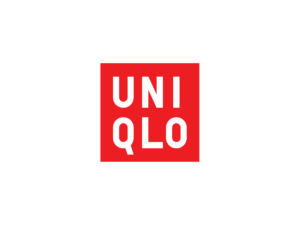
UNIQLO is undoubtedly the cornerstone of Fast Retailing’s brand portfolio. Established in 1984, UNIQLO has grown to become a global retail powerhouse, renowned for its LifeWear philosophy which aims to provide high-quality, functional, and affordable clothing for everyday wear. UNIQLO’s product innovations, such as HEATTECH, AIRism, and UV Cut, have set industry standards and differentiated the brand in the competitive fast fashion market.
The brand’s commitment to sustainability and technology-driven product development is evident in its collaborations with Japanese textile masters and companies like Toray Industries. These collaborations have led to the creation of advanced fabrics that enhance comfort and functionality. UNIQLO’s strategic expansion into international markets, particularly in North America and Europe, has been supported by a robust supply chain and effective local marketing strategies.
2. GU
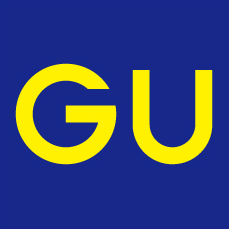
GU, another key brand under Fast Retailing, targets a younger demographic with its trendy and affordable clothing. Launched in 2006, GU has positioned itself as a fast fashion alternative to UNIQLO, offering more fashion-forward styles at lower prices. The brand’s message, “Fashion with More Freedom,” resonates with consumers looking for stylish yet budget-friendly options.
GU has expanded rapidly, particularly in Asia, and is making significant inroads into new markets like the United States. The brand’s growth strategy includes opening flagship stores in major cities and leveraging pop-up stores to test new markets and build brand awareness.
3. Theory and Theory Luxe

Theory is known for its modern, sophisticated clothing and accessories, designed to be versatile and timeless. The brand’s focus on high-quality materials and precise fits has made it a favorite among professionals and fashion-conscious consumers. Theory Luxe, a sub-brand, offers refined styles specifically tailored for professional women, blending elegance with contemporary trends.
4. PLST
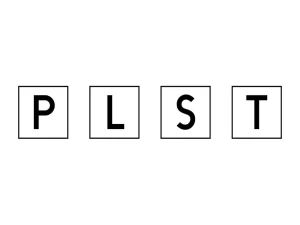
PLST (Plus T) offers everyday clothing with a focus on quality and design. The brand is known for its attention to fabric and texture, providing stylish yet practical apparel that suits a variety of occasions. PLST’s approach to fashion emphasizes affordability without compromising on quality, making it popular among a broad consumer base.
5. Comptoir des Cotonniers
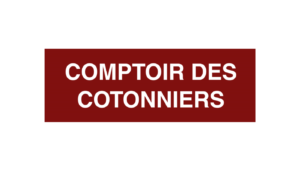
Comptoir des Cotonniers, a French fashion brand acquired by Fast Retailing, brings a touch of Parisian chic to the company’s portfolio. Established in 1995, the brand is celebrated for its natural, elegant style that appeals to free-spirited women. Its collections combine timeless pieces with contemporary trends, offering accessible luxury to its customers.
6. Princesse tam.tam
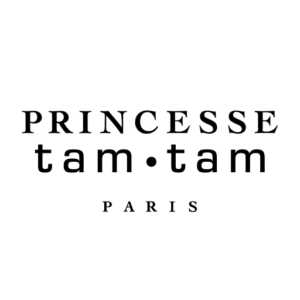
Princesse tam.tam is a French lingerie brand that focuses on creating stylish and comfortable undergarments for women. Known for its high-quality fabrics and creative designs, the brand has a loyal customer base. Princesse tam.tam emphasizes the concept of lingerie made by women for women, which resonates strongly with its target audience.
7. Helmut Lang
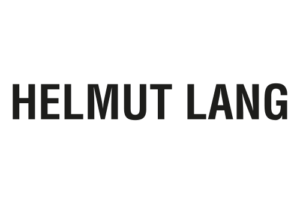
Helmut Lang, a contemporary brand founded by the Austrian designer Helmut Lang, is renowned for its minimalist and functional aesthetic. The brand’s commitment to innovative design and high-quality materials has maintained its relevance in the ever-changing fashion landscape. Helmut Lang offers a variety of clothing and accessories that embody simplicity and sophistication.
8. J Brand

J Brand specializes in premium denim, offering high-quality jeans known for their perfect fit and innovative designs. Since its founding in 2005, J Brand has built a reputation for producing some of the best denim in the industry. The brand’s focus on craftsmanship and style has earned it a dedicated following among denim enthusiasts.
Fast Retailing’s diverse brand portfolio reflects its strategic vision and commitment to catering to various segments of the fashion market. From the affordable and trendy offerings of GU to the sophisticated and timeless designs of Theory, each brand under Fast Retailing brings something unique to the table. The company’s continued investment in innovation, sustainability, and global expansion positions it well for future growth and success in the dynamic fashion industry.
Also Read: Beyond Luxe: Richemont Group’s Iconic Brands
To read more content like this, subscribe to our newsletter

